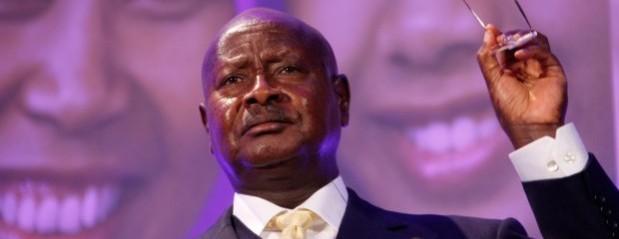#EndSARS: A new youth party isn’t the right next step. Here’s what is

Young Nigerians have found their voice. Now they must decide carefully how to use it.

Credit: Nengi Nelson
This October, thousands of young people took to the streets in over 20 Nigerian cities to protest against the notoriously abusive police unit known as the Special Anti-Robbery Squad (SARS).
Though the protests have since died down, they have inspired conversations about the need for young people to become more involved in politics. While around 63% of Nigeria’s population is under the age of 25, just 7% of elected seats are held by people under the age of 35.
Many believe the formation of a new political party of, by, and for young people is the logical next step. While this may be appealing, however, it may not be the most effective strategy.
Firstly, running for office costs exorbitant sums of money that few young Nigerians can afford. We saw this play out in the 2019 presidential election when under-funded “Third Force” candidates garnered less than 1% of the vote combined despite including several well-established and charismatic figures. Electoral competition is unfair in Nigeria and, since 2015, elections have been a two-horse race between the ruling All Progressives Congress (APC) and the People’s Democratic Party (PDP), which ruled for the previous 16 years.
Secondly, a youth-based party could be seen as advancing narrow interests and risk alienating other important constituencies. Winning elections in Nigeria requires building alliances that cross generational, geographic, ethnic, religious and economic divides.
Thirdly, even if a youth party were successful, there’s no guarantee that young politicians would be better leaders or bring about positive outcomes for young people in general.
A way forward
Instead of building a political party to compete in an unfair system, young Nigerians would do better to change the system with targeted campaigns and structural reforms.
The first campaign should be voter education, particularly at the local level and focused on economically deprived and poorly educated youth. Over and over again, politicians have weaponised poverty to cajole poor, young people to sell their votes in exchange for money or food around elections. Voter education could help young people understand the dangers of selling their vote and its power to hold leaders accountable. It must also inspire youth to exercise their right to vote, teach them about voting processes, and how to take action against irregularities on election day.
The next campaign should be around electoral finance. In last year’s election, some political parties charged candidates N3.8 million ($10,000) for nomination forms to run for seats in the House of Representatives. Many capable candidates abandoned their political ambitions. Young Nigerians must advocate for a drastic reduction of these fees so that they reflect socio-economic realities of a country in which 40% of the population earns N140,000 ($367) per year. Failing this, they could argue for the establishment of a scheme – as is done in the USA and Australia – whereby the Independent National Electoral Commission sets aside public funds to supplement young candidate’s own fundraising efforts.
More broadly, campaigners should call for greater transparency around election expenses and enforcement of the rules. Nigeria has limits on political donations and campaign spending, but politicians and their supporters frequently surpass them. In 2015, the opposition PDP spent at least nine times the N1 billion ($2.6 million) spending limit for presidential candidates, while the All Progressive Congress’ (APC) expenses were three times over the limit. The penalty of a N1 million ($2,600) fine does little to deter this behaviour. And this is if the law is enforced, which is not always the case given the electoral commission’s lack of capacity to hold politicians and parties accountable.
Young people can work with civil society organisations to expose parties’ and candidates’ non-compliance with expenses reporting requirements and other violations. This could be part of a campaign to generate public interest and pressure regulators to better enforce campaign finance regulations. Public finance watchdog BudgIT’s remarkable progress in monitoring expenditures and implementation of federal constituency projects shows the potential for this kind of action.
Another reform priority for young people should be to allow diaspora voting. The financial and moral support that the #EndSARS protests received from Nigerians in Europe and North America suggests that the desire for change transcends the country’s national borders. Removing barriers to diaspora voting would allow Nigerians abroad to leverage their political voices in the country’s ongoing struggles for better governance and greater youth inclusion too.
Now more than ever, young Nigerians need to dismantle the oppressive systems that have held them back politically.
A youth party could be set up to pursue these ideas. But if the #EndSARS movement has taught us anything, it is that young people can better harness their power when they mobilise for noble causes outside formal political channels. Now is not the time to put our hopes in the political ambitions of a few candidates but to find ways for Nigeria’s youth as a whole taking their country’s political destiny into their own hands. Young Nigerians grow up hearing that they are the leaders of tomorrow. Tomorrow has now arrived and the world is watching to see what Nigeria’s #EndSARS generation will do next.
This piece was published with the kind support of the Nigeria Leadership Initiative.





